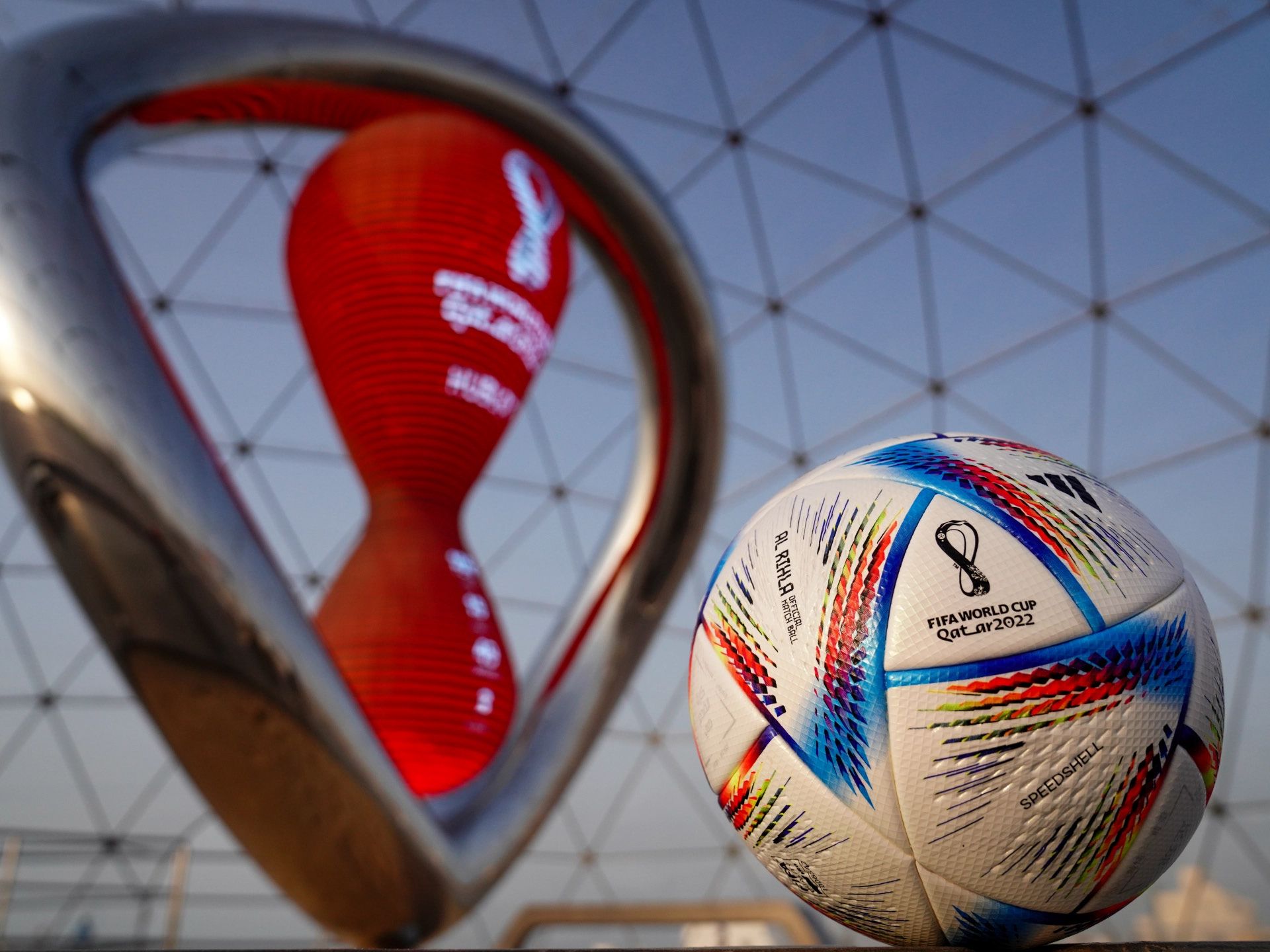The nations have generously donated a sizable portion of their homeland to an international venue, allowing spectators to partake in their traditional customs.
DHAKA - This year's World Cup field has once again evolved into a melting pot of cultural expression thanks to the participation of over 30 nations. South Korea and Brazil in particular have had a significant impact by bringing a sizable portion of their homeland to an international stage, allowing fans from all over the world to partake in their cultural customs. The World Cup, which is being watched by millions of people worldwide, offers teams the chance to showcase their prowess, talent, and sportsmanship while also bridging cultural divides. The World Cup 2022 is being celebrated in a variety of captivating cultural ways, whether it be through performances, jerseys, or victory celebrations.
Brazilian athletes' spontaneous dancing and display of dexterous footwork is nothing new. Everything started in 2010, when Tshabalala and four of his colleagues danced the "African Macarena" to celebrate their victory. The team represented both their nation and its culture in this one unforgettable moment.
What makes the Brazilian dance, commonly referred to as "samba," such a potent vehicle for cultural expression?
Samba is a product of Brazil's music's social and cultural diversity, which mirrors the country's population's diversity. It is able to accurately capture the vivid diversity of the country as a whole because to the fusion of numerous musical and cultural components. The throbbing rhythms, hedonistic revelry, extroverted performativity, and grandiose exhibitionism of the Brazilian Carnival celebrations, where samba is most gloriously performed, have captured the attention of the world. Samba has gained widespread acceptance as a standard piece of popular music for parades, processions, and even protest marches thanks to its popularity both on record and during performances. Samba offers a potent synthesis of rhythm, dance, and spectacle when viewed from the perspective of "World Music."
As a result of the Samba being performed on a large stage as a declaration of joy and victory, it has become famous among Brazilian football fans worldwide, opening doors for millions of people to appreciate Brazilian culture.
However, the youngest member of BTS, Jungkook, entering the stage during this year's World Cup has been one of its most memorable moments. The South Korean superstar opened the show with a stunning rendition of the song that served as this year's theme, "Dreamers." A powerful moment of unity was shared by the BTS member and Qatari artist Fahad Al Kubaisi as they finished the song near the end of the performance. Jungkook can be seen swinging atop skyscrapers and dancing in the marketplaces in the recently released official music video. Nobody is surprised by the positive feedback the video is getting from the audience. Some have even claimed that it tops Shakira's hugely popular song "Waka Waka" as the greatest FIFA anthem of all time.
For K-pop followers and for South Korea, this was a major turning point. K-pop has been expanding for years, and like football, the music is strong, rhythmic, and makes fans laugh and cry with their favourite stars. K-pop is another aspect of South Korea's culture that comes to mind right away. But many people who are ignorant of the industry's corruption and the struggles faced by the idols frequently criticise K-pop. To put it simply, K-pop is perceived by non-fans as having only beautiful music and worthless words. This idea was disproved by Jungkook's performance at the FIFA World Cup 2022, which allowed people who aren't fans to become more accepting of K-pop and South Korean culture. It not only adds to the group's long list of honours but also serves as a symbolic Jungkook was the first Asian performer of the national anthem for the FIFA World Cup. This honour has only been given to a select few musicians, including Shakira and Enrique Iglesias.
How a major sport like football can transcend borders and shatter stereotypes is really very intriguing. It unites nations and gives each team the chance to showcase its skills and culture while connecting with its supporters. Although there aren't many opportunities for players to express themselves and engage in cultural diversity during the World Cup, it is unquestionably one of the more memorable and captivating ones.


No comments:
Post a Comment